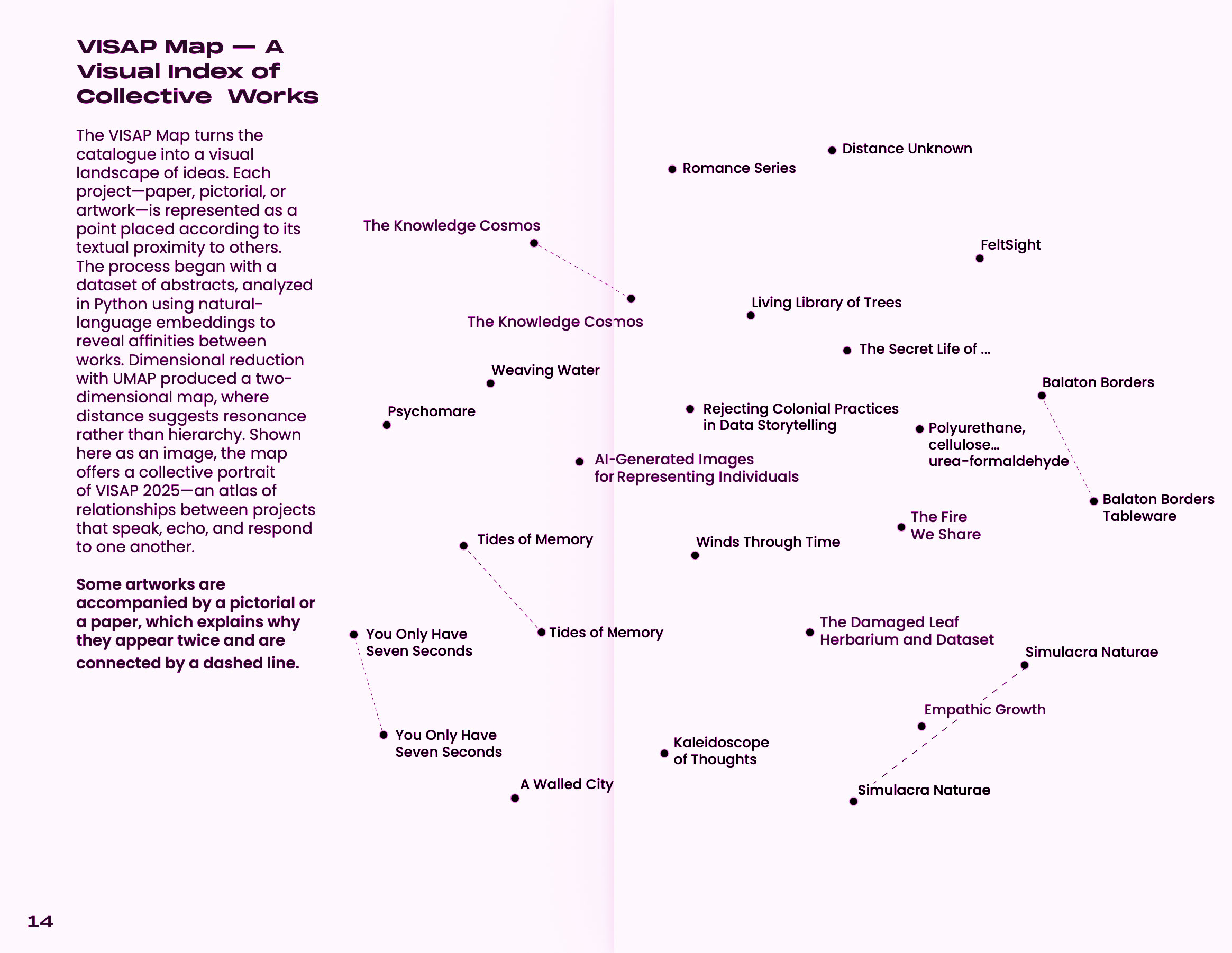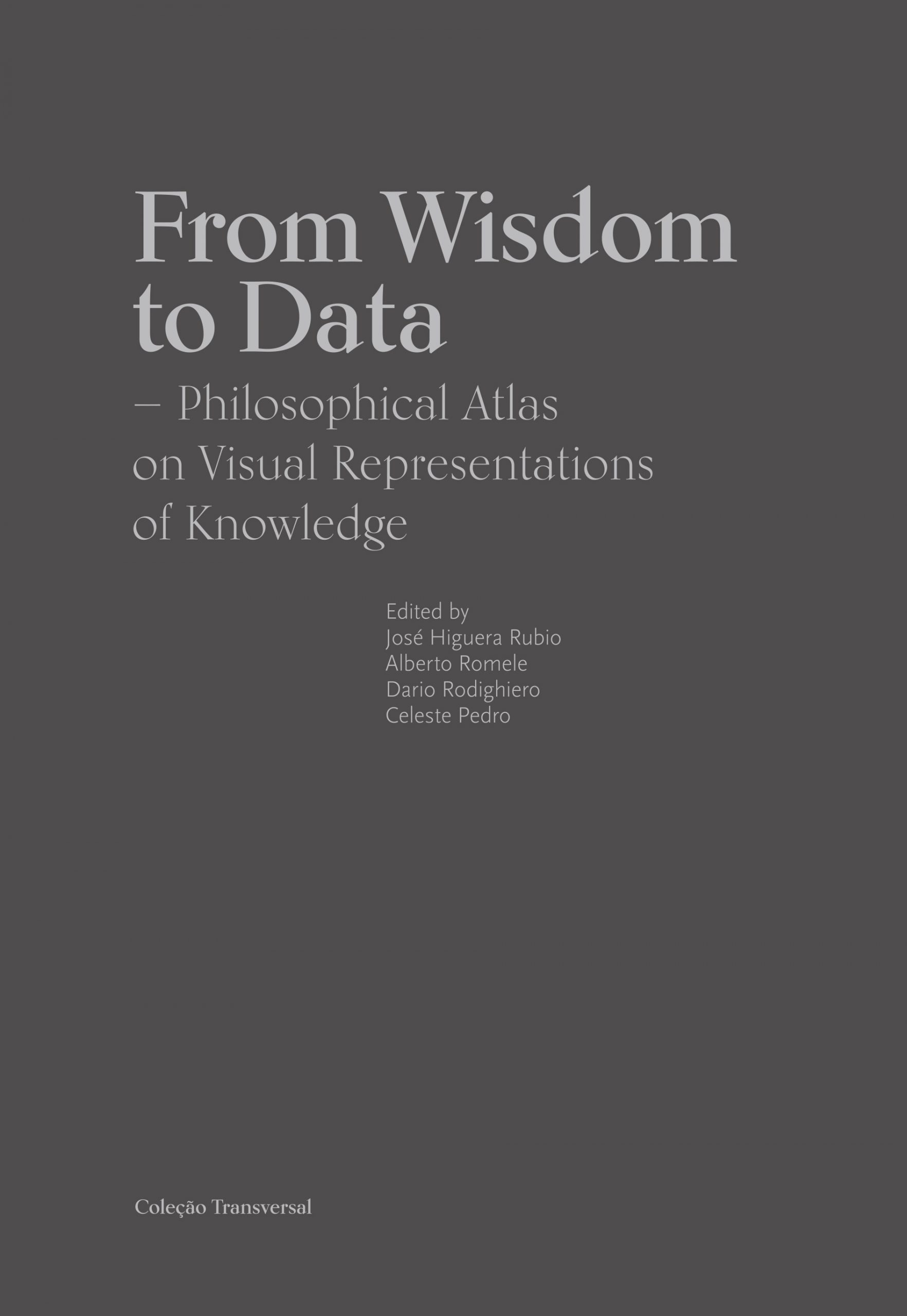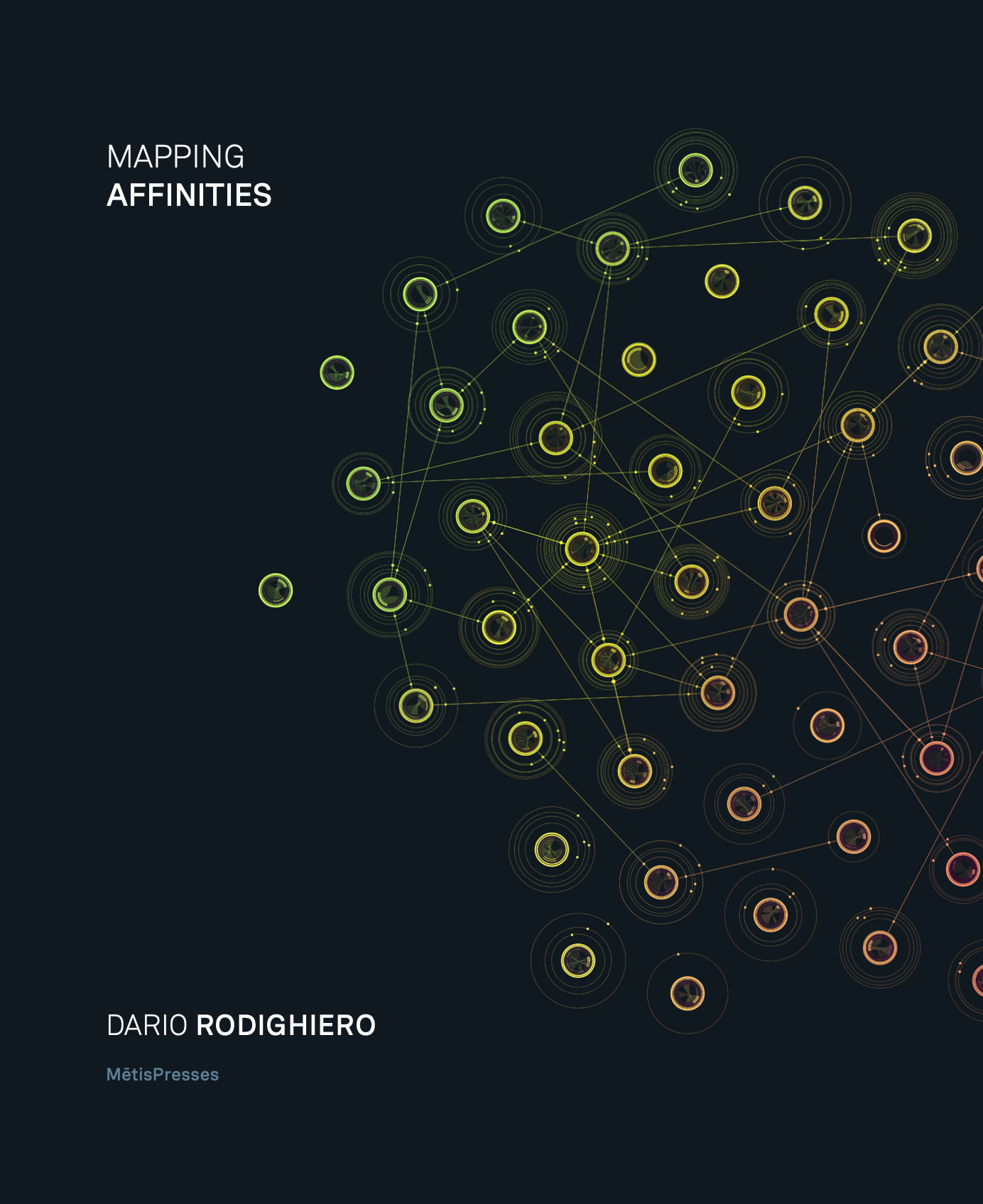Dario Rodighiero is an Assistant Professor of Science and Technology Studies at the University of Groningen, where he is involved in programs that bridge data science with society. Based at the interdisciplinary faculty Campus Fryslân, he coordinates the minor Data Wise and teaches data and visual literacy within the Data Science and Society Bachelor’s program. He maintains active collaborations with Harvard University, where he is a faculty associate at the Berkman Klein Center for Internet & Society and a principal at metaLAB—a research and teaching laboratory dedicated to experimenting with digital technologies in the arts and humanities.
Combining computational techniques with design, Dario investigates how complex information can be revealed. Grounded in Science and Technology Studies, his research focuses on the mapping of science: he is the author of Mapping Affinities: Democratizing Data Visualization, which proposes new ways to design organizational charts. His work further engages with digital cultural archives, exploring questions of representation, interpretation, and self-identification. Visualization is approached as a method for knowledge design, bridging critical inquiry and design practice to foster reflection and dialogue by opening new visual modes of understanding.
Dario holds a PhD from the École polytechnique fédérale de Lausanne (EPFL), where he attended the doctoral program Architecture and Sciences of the City. He has held research and teaching positions at MIT, the European Commission, Paris-Sorbonne University, and Sciences Po. The collaboration with Bruno Latour at the médialab shaped his engagement with digital platforms as tools for philosophical inquiry and collective exploration. He lectured at venues such as CERN and Ars Electronica, and exhibited his work at the MAXXI and Harvard Art Museums, reflecting a sustained commitment to public engagement and interdisciplinary collaboration.
IEEE
2025
VISAP 2025 Catalog
Çay, Damla, Dario Rodighiero, Weidi Zhang, Martina R. Fröschl, Peter Mindek, and Beatrice Gobbo
https://visap.net/2025/downloads/visap-2025-booklet.pdf
2025
VISAP 2025 Catalog
Çay, Damla, Dario Rodighiero, Weidi Zhang, Martina R. Fröschl, Peter Mindek, and Beatrice Gobbohttps://visap.net/2025/downloads/visap-2025-booklet.pdf
Care is easy to recognize on a personal level,especially when it appears in the small, attentivegestures woven into daily life. We see it whensomeone nurses a sick friend, tends a garden,or stitches a quilt by hand. Each act is markedby presence, patience, and a quiet commitmentexpressed through attention. It takes form throughdeliberate actions that often go unnoticed yet carryenduring meaning. But what does care look likewhen it scales up across complex systems wherethe risks are greater, the people more dispersed,and the consequences harder to trace?

Porto University Press
2022
ISBN 978-989-746-315-0
2022
From Wisdom to Data: Philosophical Atlas on Visual Representations of Knowledge
Higuera Rubio, José, Alberto Romele, Dario Rodighiero, and Celeste Pedro, eds.ISBN 978-989-746-315-0
The purpose of this book is to collect in a single volume the multiplicity of approaches, perspectives, and contexts in which the research project From Data to Wisdom has been developed. One of the theoretical assumptions achieved is the idea that contemporary visualizations have abandoned the desire for absolute, synthesizing depiction in favor of a representation that is always imperfect and, so to speak, “in the making.” The very idea that data visualizations are representative, i.e., that they refer to “reality” has been widely discussed and criticized as well. Our intention, therefore, is to present a series of analogies between texts and images. In short, this book will be a mise en abyme of the always incomplete synthesis, but for this very reason richer in meaning, which in our opinion is at the heart, or at least should be, of today’s visual representations of knowledge.

Métis Presses
2021
https://doi.org/10.37866/0563-99-9
2021
Mapping Affinities: Democratizing Data Visualization
Rodighiero, Dariohttps://doi.org/10.37866/0563-99-9
Nowadays, many of our actions are transformed into digital information, which we can use to draw diagrams that describe complex operations, such as those of institutions. This book introduces us to the reading of complex systems through the concept of affinity: the alchemy that brings people together and makes them creative and productive. Affinity’s mapping is a data visualization method that allows us to observe the dynamics of an organization subdivided into complex systems: institutions, universities, governments, etc. It is a graphical tool based on the collaboration variable. Mapping Affinities is, according to the author, an instrument for deciphering complex organizations and improving them. By inserting individuals on these maps, it is also a way of helping them to understand how to evolve in life within an institution. The book tackles this problem with a case study concerning the Federal Polytechnic School of Lausanne. Data from the actions of researchers at the Lausanne institution are brought together and transformed into an innovative and attractive map.
